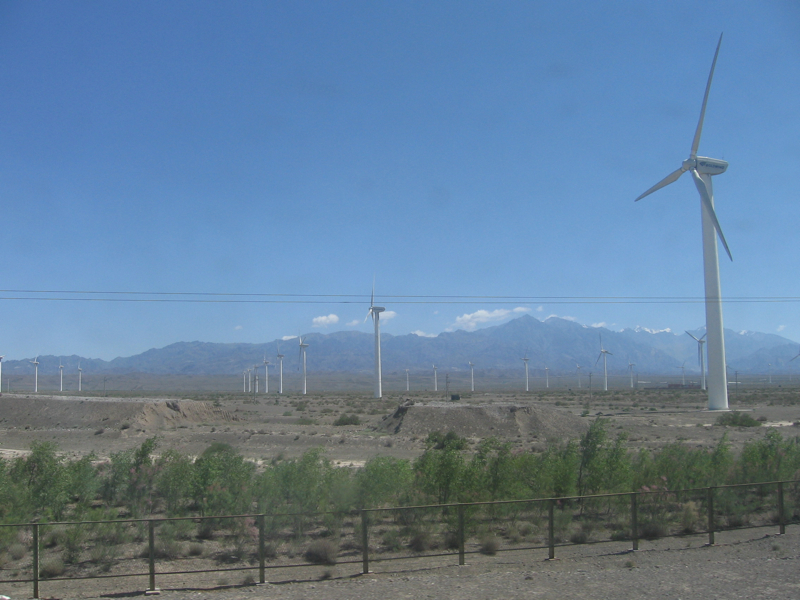About this Event
China’s leadership faces a difficult quandary: how best to balance economic growth and reductions in carbon emissions. In the wake of coronavirus, this balance becomes even more important and difficult. Decisions made now in Beijing may well determine whether it is possible to keep global temperatures from rising more than 2°C above pre-industrial levels.
Join Alex Hackbarth, ASP Director of Climate & Energy Security; Vice Admiral Lee Gunn, USN (Ret.); and Taiya Smith, Director, China program at the Climate Leadership Council, for a discussion on China’s delicate balance between economic growth and reduction of carbon emissions, and the climate security implications of Beijing’s choices.
About The Speakers:
Vice Admiral Lee Gunn served in the U.S. Navy for thirty-five years prior to his retirement in 2000. His last active duty assignment was Inspector General of the Department of the Navy where, together with his Marine Deputy, he was responsible for the Department’s overall inspection program and its assessments of readiness, training, and quality of service.
Serving in the Surface Navy in a variety of theaters, Admiral Gunn rose through the cruiser/destroyer force to command the Frigate USS Barbey, then command of the Navy’s anti-submarine warfare tactical and technical evaluation Destroyer squadron, DESRON 31. He later commanded Amphibious Group Three, comprising 19 ships, 12 other, separate commands, and 16,000 Sailors and Marines. As Commander of PHIBGRU THREE he served (in addition to many other duties) as the Combined Naval Forces Commander, and Deputy Task Force Commander of Combined Task Force United Shield. Task Force United Shield conducted the final withdrawal of United Nations peacekeeping forces from Somalia in February and March of 1995. United Shield was, and still is, the only amphibious withdrawal operation under fire conducted since the Korean War.
Taiya Smith is a highly-regarded China expert who regularly advises top government officials, leading companies and nonprofit institutions on their China strategies. She has a proven track record of achieving concrete results in difficult geopolitical and geo-economic environments. As a Managing Partner at Garnet Strategies, LLC, an international strategic advisory firm, Smith advised clean technology companies and nonprofit institutions on opportunities for growth in China and the United States. She is a regular speaker on China’s role in the world, China’s impact on clean energy and climate change, and the U.S.-China relationship.
Previously, Smith served as a member of Secretary Hank Paulson’s senior management team at the U.S. Department of the Treasury. In this capacity, she was the principal advisor to the Secretary on the U.S.-China relationship and the key force behind designing and managing the U.S.-China Strategic Economic Dialogue (SED), which has been the highest-level regular dialogue between the two governments. She led the coordination efforts within the U.S. government and negotiated with the Chinese on behalf of more than eight U.S. agencies.
Alex Hackbarth is the Director of Climate and Energy Security at the American Security Project. Her research examines the national security implications of climate change.
From 2017 to 2019, Alex served as the Special Advisor for Forward Operations in the office of the Special Inspector General for Afghanistan Reconstruction (SIGAR) in Kabul, Afghanistan. Before her posting in Kabul, Alex was the Senate Congressional Liaison in SIGAR’s Washington, D.C. office.
Alex received master’s degrees in public administration and international relations from the Maxwell School at Syracuse University, where she studied the economic and political relationship between the U.S. and China. In the fall of 2014, Alex studied at Tsinghua University in Beijing, China. Her coursework focused on China’s political, economic, and governmental structures, as well as Chinese history and culture. She was also a Robertson Foundation for Government Fellow and a Harold Rosenthal Fellow for International Relations.







